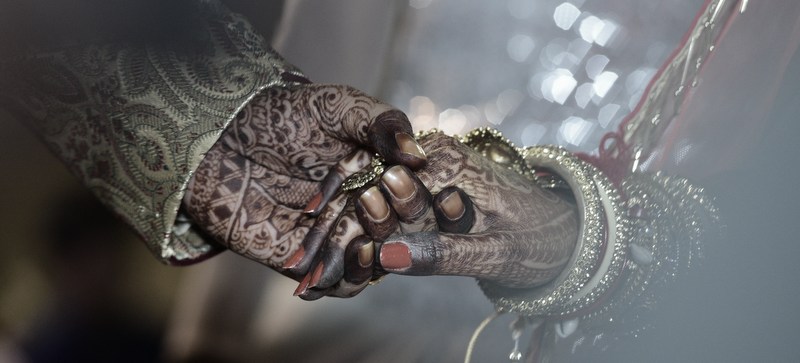
Special Marriage Act
02-Sep-2021 | Article by Legal White Official
India being a diverse country, it is inevitable that lots people marry outside their faith and caste. Such situation calls for special act to safeguard rights and safety of married couple. Special marriage Act deals marriages which are inter-religion and inter-caste. Special Marriage Act passed by the Act of parliament in 1954, according to this law, two people from different caste or religion can get their marriage registered without rejecting their religion. In other words, Special Marriage Act, 1954 states that, a man and a woman can get married irrespective of their caste and religion.
The Special Marriage Act, 1954 had laid down several conditions which has to be fulfilled before someone can apply under this act. The conditions are:
- In India the marriageable age for the boy and the girl has been already defined, however according to the Special Marriage Act, the minimum age for the boy should be at least 21 years at the time of marriage and the age of the girl should be at least 18 years.
- At the time of marriage, both the partners should not be already married to another person.
- Marriage is an important stage in anyone’s life. The people getting married should be mentally fit to take their own decisions and should not be under the influence or pressure of any other person.
- The people getting married should not be in any way related to each other through blood relation.
Although there are various marriage laws in India which are based on the religion in the country such as Hindu Marriage Act, 1955, Muslim Marriage Act etc. The idea and the intent remain the same, however the law has incorporated few changes which are specifically in line with the particular religion. Let us take an example of Hindu Marriage Act, it deals with the marriage between two people (man and woman) belonging to Buddhist, Sikh, Jain and Hindu religion. This law will only be applicable when both the persons are from the same religion, it may also be applicable in case a person has converted in to any of these religions. If a case arises in which a boy and a girl belong to the same religion like Hinduism, however they are from different caste, the special marriage act will take effect. Another contrasting feature between the Special Marriage Act and Hindu Marriage Act is with regards to succession of property. The succession of property under Special Marriage Act will be governed by Indian Succession Act whereas it will be governed by Hindu Succession Act in case of a marriage registered under Hindu Marriage Act.
It is important to note that, the Hindu marriage Act will be applicable to Hindus or any other enlisted religion, however special marriage act is open to all Indians. The marriages which are solemnized through Special Marriage Act are often referred to as “Court Marriage” by common masses.
Special Marriage Act, 1954 has defined the entire process which needs to be followed in order to get the marriage registered under it.
- The first step is to file an application under the Act with all the relevant details of both the partners. This application needs to be submitted to the concerned district Marriage Officer. It should have a permanent address, if it is not the case, the address has to be mentioned where the person is living for at least more than 30 days before the submission of the application.
- Once the application is submitted and received by the officer, he may issue a notice for concerned people to raise objections to the marriage (if any). If there is no objection received within 30 days of the issuing of the notice, both the partners along with three witnesses have to reach the marriage office and sign the documents based on which they will be declared husband and wife and the marriage gets solemnized
- If in case an objection comes up, the marriage officer will review it and if the officer thinks that the objection is genuine, he may reject the application. In case objection raised gets cleared, the marriage gets solemnized.
- In case the objection is raised in Jammu and Kashmir. The state will refer the matter to an officer in the Central Government and he or she will decide on that.
